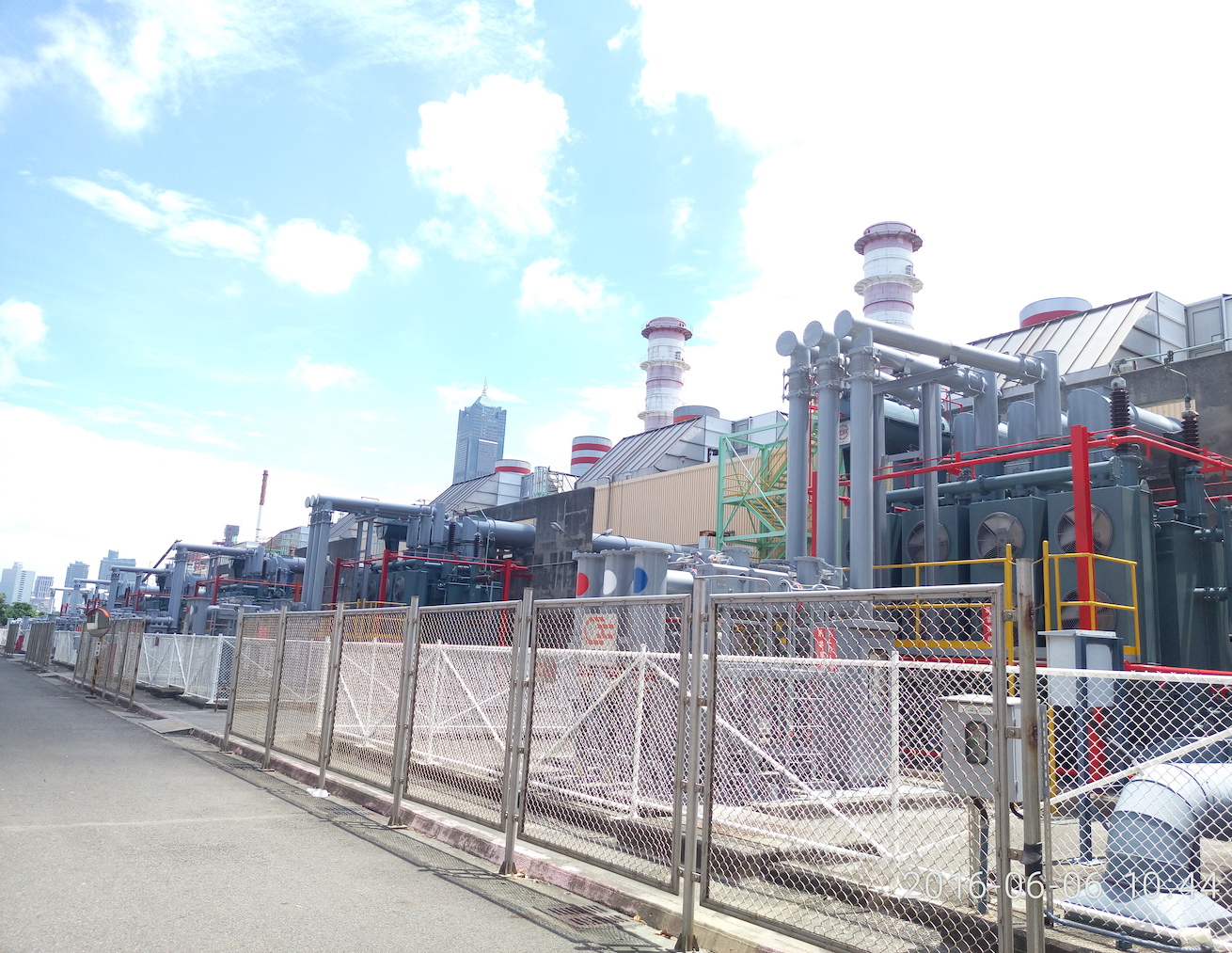by Brian Hioe
語言:
English
Photo Credit: Eric850130/Facebook
THE PROSPECT OF electricity hikes has become a contested political issue. An average increase of 8.4% and 15% for large industrial electricity users was announced by the Ministry of Economic Affairs on Monday.
Prior to the hike, political parties such as the NPP advocated that electricity hikes should primarily target industry, rather than the average consumer. Households consumed only 19% of electricity used in Taiwan last year, while industrial users constituted 57% of use.
It was unlikely that the Tsai administration would raise electricity prices for households too much. This is, after all, an election year. The last thing that the Tsai administration would want is to raise electricity prices in such a manner that voters seek to punish it at the polls. Price hikes are often a sensitive issue in Taiwan, not only with regard to power but consumer goods. Toilet price hikes led to stampedes and shortages and stores, for example, while there have been frequent calls from the public to scrutinize price hikes from companies in recent times.
Nevertheless, external factors dictate that the Ministry of Economic Affairs sees it as necessary to raise electricity prices. While electricity rates are not usually raised more than 3% annually, the 8% increase is due to more than 100 billion NT in losses this year by state-run power utility Taipower and state-run gas company CPC.
One of the key factors for the losses is global economic volatility, as a result of the Russian invasion of Ukraine. This has led to inflation concerns worldwide, as well as an increase in gas prices due to the effect on supply worldwide.
22,000 companies are affected by the price hike, which will generate 29 billion NT in income. Notably, this is still not sufficient to make up for Taipower and CPC’s losses this year.
 Photo credit:
Photo credit:
It remains to be seen how industry will react to the price hikes. In particular, the Tsai administration places a strong priority on keeping industry happy in order to prevent them from relocating supply chains elsewhere, for the sake of Taiwan’s national security.
Indeed, one of the reasons why western countries such as the US are incentivized to defend Taiwan is because of their dependence on Taiwanese semiconductor manufacturing. China itself is disincentivized from invading due to its reliance on Taiwan for its own semiconductor needs. As such, the Tsai administration seeking to protect the interests of Taiwanese industry, particularly with regard to the electronics industry, is not only for the sake of economic growth but also for security concerns.
One observed a similar situation last year, during a historic drought that was the most severe in half a century. The government acted to ration water usage in affected parts of Taiwan, cutting water for two days per week in Taichung, Miaoli County, and parts of Changhua County.
Namely, the semiconductor industry uses 10% of Taiwan’s total water supply annually. 20% of Taiwan’s water supply is used for residential purposes, while the remaining 70% goes to agriculture.
It may not be surprising, then, that the drought affecting Taiwan made international headlines, given the possibility of effects on the semiconductor industry. It proves a particularity of Taiwan’s geostrategic role, vis-a-vis global semiconductor manufacturing, that drought proved a concern not only for use by households or agriculture yet also by the semiconductor industry.
The Tsai administration faces a balancing act, then, between voters and industry as a whole. Where power for manufacturing lines is concerned, Taiwan’s frequently unstable power grid also has been a matter of concern, seeing as that companies may shift manufacturing away from Taiwan because of fears of disruption.
Yet one notes that this balancing act has affected much of the Tsai administration’s policies. One has observed similarly with regards to labor policy, for example, as observed in the flip-flops by the Tsai administration regarding changes to the Labor Standards Act, in which it waffled about whether to side with organized labor or with industry groups.
Such concerns illustrate the precarious nature of Taiwan’s international status. It is to be seen whether price hikes come to affect the Tsai administration electorally, down the line. Even if the Tsai administration has tried to minimize effects on consumers, effects on industry could ultimately still lead to punishment against the DPP.

